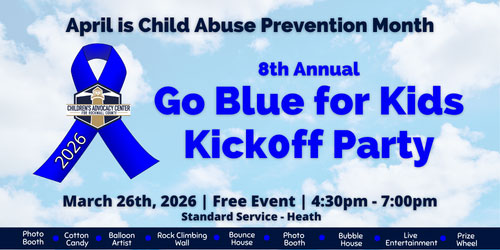(Rowlett) July 18, 2013 – Summer’s warmer temperatures and longer days give us more opportunities to be outside enjoying ourselves. As the temperatures rise and the humidity soars, you may start hearing weather stations discuss the “heat index.”
A heat index is the temperature your body feels when the actual air temperature is combined with the relative humidity. This means that if the temperature outside is 90º F, and the humidity is 70 percent, it feels like 105 º F; and, if you’re directly in the sun, the heat index might be as much as 15 degrees higher.
This combination of heat and humidity makes it harder for your body to cool itself. As a result, your body’s internal temperature rises, and heat-related illnesses become a concern. Although everyone is at risk, older adults, young children, those who are sick and overweight people are most likely to develop problems due to heat exposure.
Dr. Larry Dencklau, medical director of Emergency Services at Lake Pointe Health Network has recently seen an increase in heat-related health problems and believes community members should focus on prevention. He shares some tips on how to spot early warning signs and what steps to take next.
Stages of Heat Illnesses
“For most people, there are warning signs that the heat is beginning to affect you. The first signs may be muscle cramps in your stomach, arms or legs,” Dr. Dencklau says. “You may notice swelling in your feet, legs and ankles. Another early warning sign may be dizziness or feeling faint. People taking certain medications including beta-blockers may be more prone to heat-related dizziness.”
If you notice these early signs of heat illnesses, you should immediately stop any physical activity and move to a cooler, shady area. Be sure to drink plenty of fluids but avoid drinks containing alcohol or caffeine. Dr. Dencklau suggests elevating your legs if you notice any swelling or feel dizzy. If these measures do not work, contact your doctor as soon as possible.
Heat exhaustion is the second stage of heat illness. This means that your body can no longer keep itself cool. Dr. Dencklau states that the “symptoms may include thirst, dizziness, weakness, lack of coordination, nausea and profuse sweating.” Body temperature will be normal, but your skin will feel cold and clammy. “You can treat heat exhaustion by following the same steps you would for heat illness, but if you do not start feeling better soon, you should seek emergency medical care,” Dr. Dencklau warns.
The final stage is heat stroke, which requires immediate emergency care. According to Dr. Dencklau, “this is a life-threatening illness where your body cannot regulate its temperature by sweating. If this occurs, your temperature rises so high that brain damage or death may occur.” During heat stroke, your internal temperature may reach 106 º F within 10 to 15 minutes. The warning signs of heat stroke include a temperature of 103 º F or more, red hot and dry skin, severely decreased perspiration, headache, dizziness, nausea, mental confusion and unconsciousness.
Remember, heat stroke is a life-threatening emergency. Anyone with these symptoms should be taken immediately to the closest emergency facility. Call 9-1-1 for emergency assistance and start trying to cool the person until help arrives.
Prevention Is Best
“Stay indoors during the heat of the day and limit your exposure to the sun. There are many public buildings like libraries, malls and movie theaters where you can go during the heat of the day. During days of extreme heat, many towns will open special cooling shelters for people to use.”
Drink plenty of fluids, especially those that don’t contain alcohol or caffeine. Eat light, well-balanced meals.
Dr. Dencklau also says that “wearing loose-fitting, lightweight clothing and lighter colors will help reflect heat and keep you cooler. You may also want to wear a wide-brimmed hat to shade your face and neck.”
Most importantly, avoid strenuous activities such as exercise or working in the yard during the middle of the day.
For more summer health tips, visit lakepointemedical.com. For more information on emergency care, visit LakePointeER.com.
If you found this story helpful, please click here to LIKE our Facebook page, so we can reach more people with news like this! To share your good news and events, email editor@BlueRibbonNews.com.





